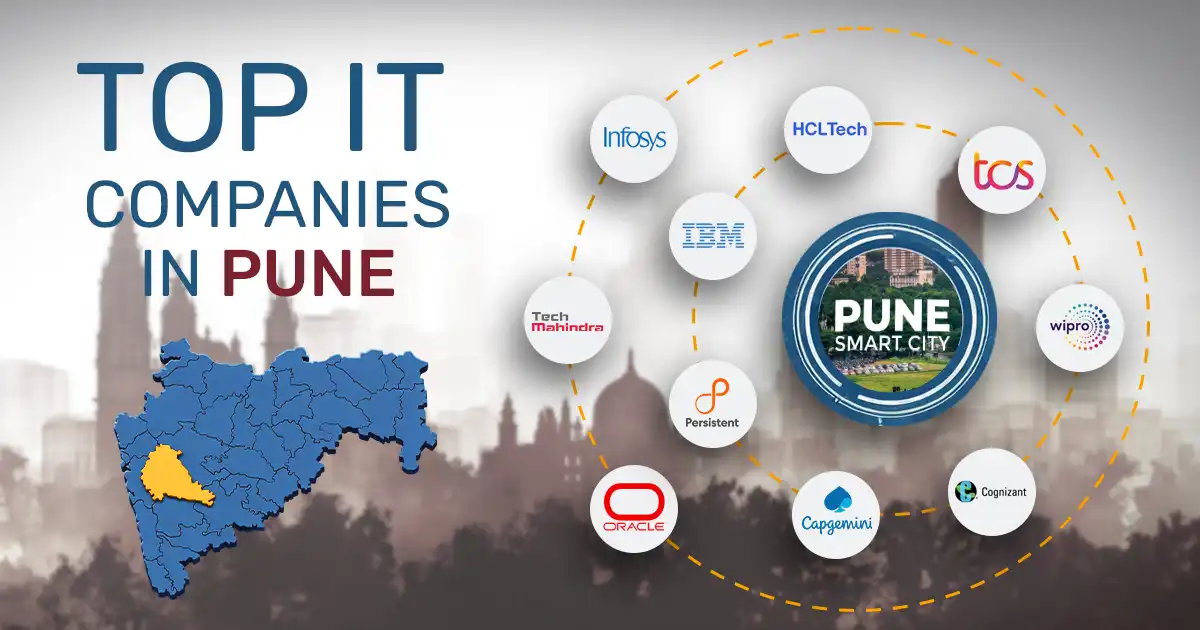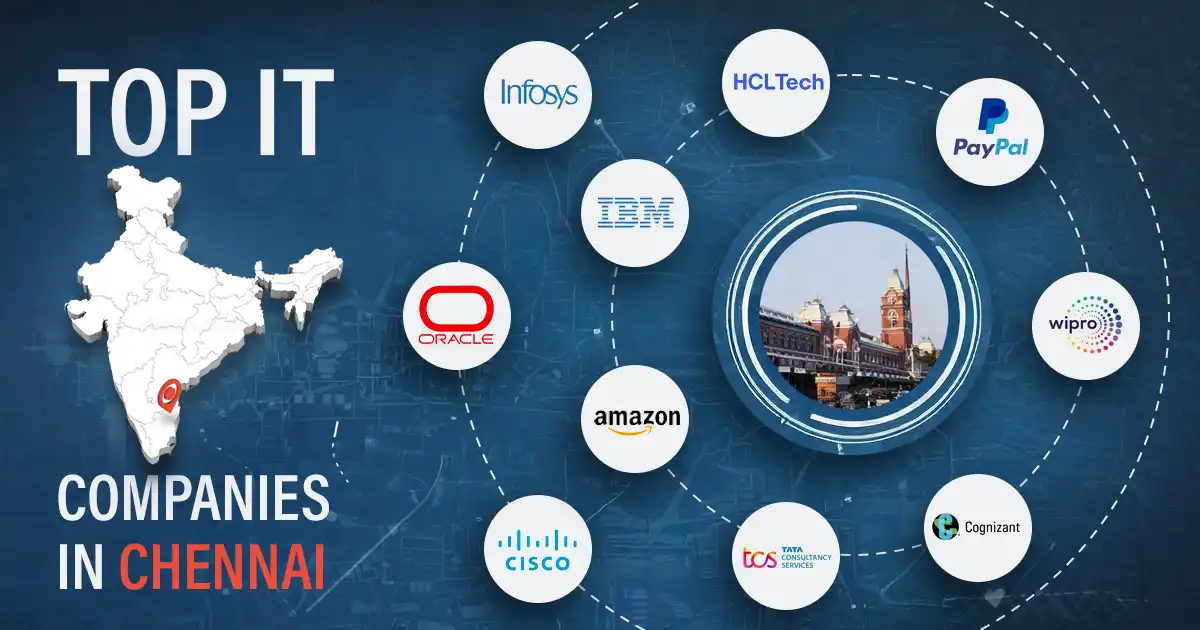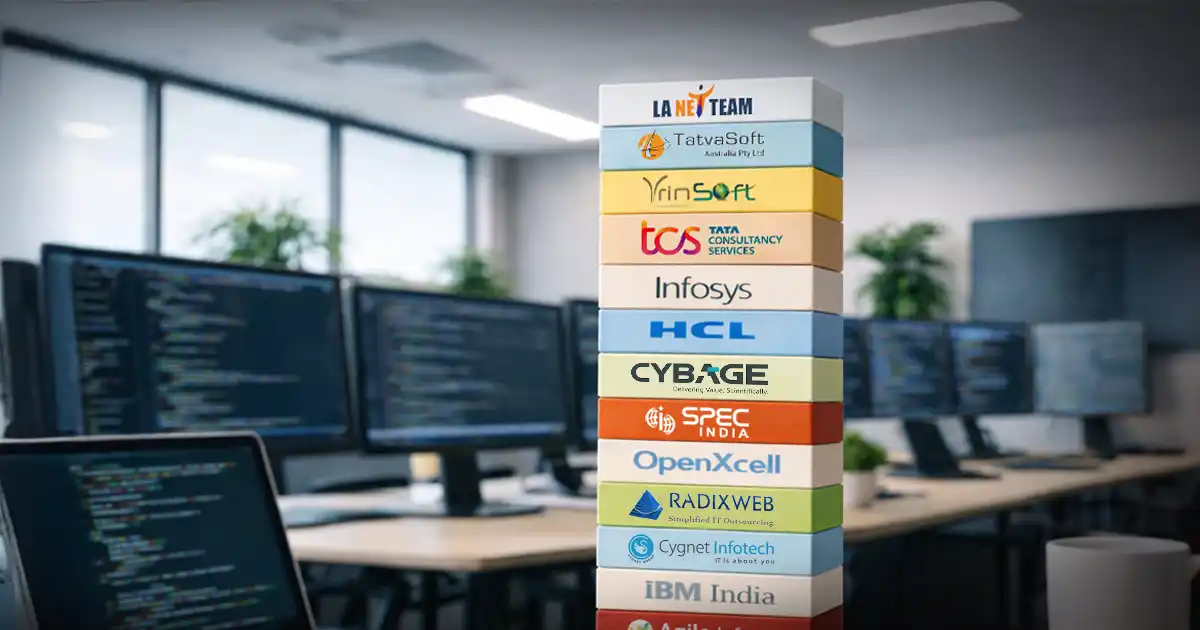
Introduction
Small companies nowadays are frequently linked to a number of misconceptions and falsehoods. From security to the general principles of business, these myths cover it all. The preconception that small firms are less vulnerable to security breaches because they are smaller and less profitable for hackers to target is the most common security myth we encounter. Small businesses usually have less robust security procedures, as the cyber-hacking community is well known. Becoming an entrepreneur generally means having more free time, according to participants in small business myths, while spectators wrongly think that a small firm needs a completely original product or service to flourish. Let us explore some frequent myths about small businesses in more detail.
Myth 1: The idea that “there is not enough money to go around”
There are oscillations in the economy. Even while it frequently follows a cycle, it is not always predictable. The last recession in this nation had a devastating effect on a large number of small businesses and organizations. The irony is that this has absolutely no impact on the financial choices accessible to small businesses. A significant quantity of funding is provided to startups and small businesses by banks and venture capitalists. Lending money to your business is the responsibility of these funders. As their money has to be invested in you for them to turn a profit, banks and venture capitalists are actually the ones who should be giving you money. Because of this, everyone has access to enough money to begin starting, operating, and growing their firm.
Myth 2: Establishing a small business will free up more time for you
Many companies function under the supposition that their self-managing founders will be able to set their own hours and work whenever it is convenient for them. In actuality, it is the complete opposite. Managing a business requires a significant investment of time, particularly in its early stages. When successful entrepreneurs look back on a firm they built and it succeeds, they all acknowledge that they worked more for themselves than anybody else.
Myth 3: Success Requires Being Unique
Those who have seen small enterprises ruined by this mistaken assumption find this error particularly irritating. Everyone wants to be the one with the “next big thing” or the “next amazing idea.” Contrary to common assumption, most successful small businesses do not rely just on their own ideas—they also take inspiration from others. Sometimes following is a better strategy for success than leading, especially if this is your first business endeavor. It is important for small business owners to understand that an unproven concept, service, or product can need more moving components for a limited workforce to manage in order to thrive. Most companies draw inspiration from their predecessors’ successful strategies, learning from their failures and successes along the way. By using this knowledge, a startup or small business may make sure that it does not make the same mistakes and fail the same way that others have, succeeding where success has been achieved.
Myth 4: The “Field of Dreams Analogy” posits that creations inevitably attract people
In reality, fairness is not always guaranteed. This implies that managing a business is impossible, even with a brilliant idea, perseverance, hard work, and competitive price for your product or service. Hard work does not always pay off, but it does sometimes, under certain conditions. Even though it can sound counterintuitive, you should focus far more of your small business’s efforts on marketing. It is critical to emphasize how vital marketing is.
Myth 5: Being an independent business owner entails being a pioneer
It is the assumption that America is the “country of opportunity,” where entrepreneurs come with creative ideas to challenge the status quo. Entrepreneurs are not creative solo performers, as is often believed; rather, they are superb team players and builders. Let us look at Steve Jobs and Apple as an excellent example for the purpose of clarification. Despite having a fantastic idea, Jobs was not working alone to build Apple; a lot of talented individuals assisted him.
Myth 6: Security breaches are not a major concern for small firms
Large quantities of capital are spent by the wealthiest companies on security research and development in an attempt to prevent cyberattacks. The robust security features of major organizations should be integrated into small businesses’ endeavors, since these enterprises serve as great models for them to emulate. Some of the most important safety precautions that companies can take to combat cybercrime are listed below:
- Lost or stolen devices: It might be difficult to monitor employees in your company who use certain gadgets that contain important information. If the workers are dispersed over several locations, this becomes much more crucial. It is not only difficult to watch at first, but what happens if a device gets lost or stolen? It is important for small businesses to safeguard their data.
- Weak Passwords: Hackers are getting more competent, as was already said. Simultaneously, your organization must develop a more complex password creation process. In light of the increasing prevalence of fingerprint recognition, if you lack the resources to allow such a feature, you should at least need a capital letter, number, and special character in every password.
- Antiquated Technology: Businesses who implement the newest technology get a 15% increase in revenue, per a recent report.Advanced technological development and job growth are strongly positively correlated. This is extremely impactful for small businesses. Take this statistic into consideration: over 90% of consumers and clients stated they would not do business with a firm that employed outdated technology, which is proof that this is not evident enough. To put it briefly, stay updated on security modifications.
- Employee error: Here, we are talking about a scenario in which a worker opens an email that contains a virus or clicks on a hacked website. Encouraging employees with the requisite training, including anti-phishing software into emails, and limiting access to websites that are known to contain viruses are the best ways to prevent this.
- Data backup: By putting a plan in place for data backup, you may quickly limit loss in the case of a security breach.
Myth 7: Cloud computing and security are incompatible
Because of budgetary limitations, most small businesses consult outside experts for help or try to handle IT issues on their own. As mentioned earlier, because cloud computing offers the most recent security improvements at a lower cost than other options, many small businesses are shifting their physical data to the cloud. The most crucial thing to keep in mind is how secure cloud computing is.
Myth 8: Nothing is wrong since security has never been breached
Cybersecurity experts will occasionally make jokes about the division of businesses into two groups: those who have already experienced an assault and those who have not. Unfortunately, more research painfully confirms this. Based on studies conducted by the Ponemon Institute, it takes an average of 170 days to detect a hostile attack. The survival of a business and the avoidance of catastrophic security breaches depend on having security that is accessible 24/7. Nevertheless, bear in mind that as businesses advance, so do hackers. Stay alert when it comes to your safety.
Myth 9: Entrepreneurs are driven only by profit
One of our favorite misconceptions to debunk is this one. Many identify as entrepreneurs primarily because their motivations extend beyond the pursuit of financial gain. Even while money is necessary for everyone, most entrepreneurs are idealists and optimists who lead startups and small enterprises with objectives that extend well beyond turning a profit.Not all concerns are about making money.Many times, it is only the icing on the cake.
Don’t let myths hold you back. From company registration to compliance, RegisterKaro helps you start smart and grow faster.




